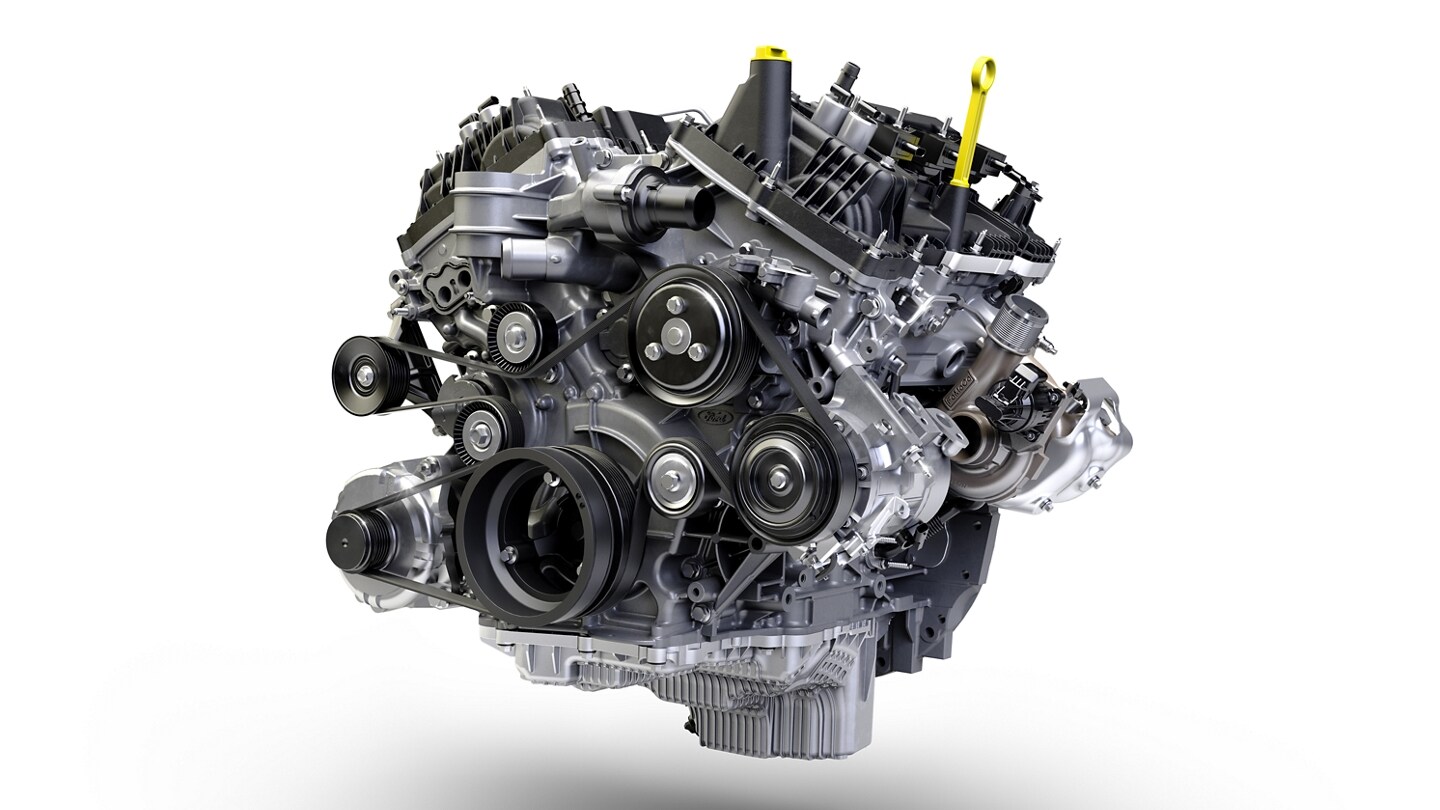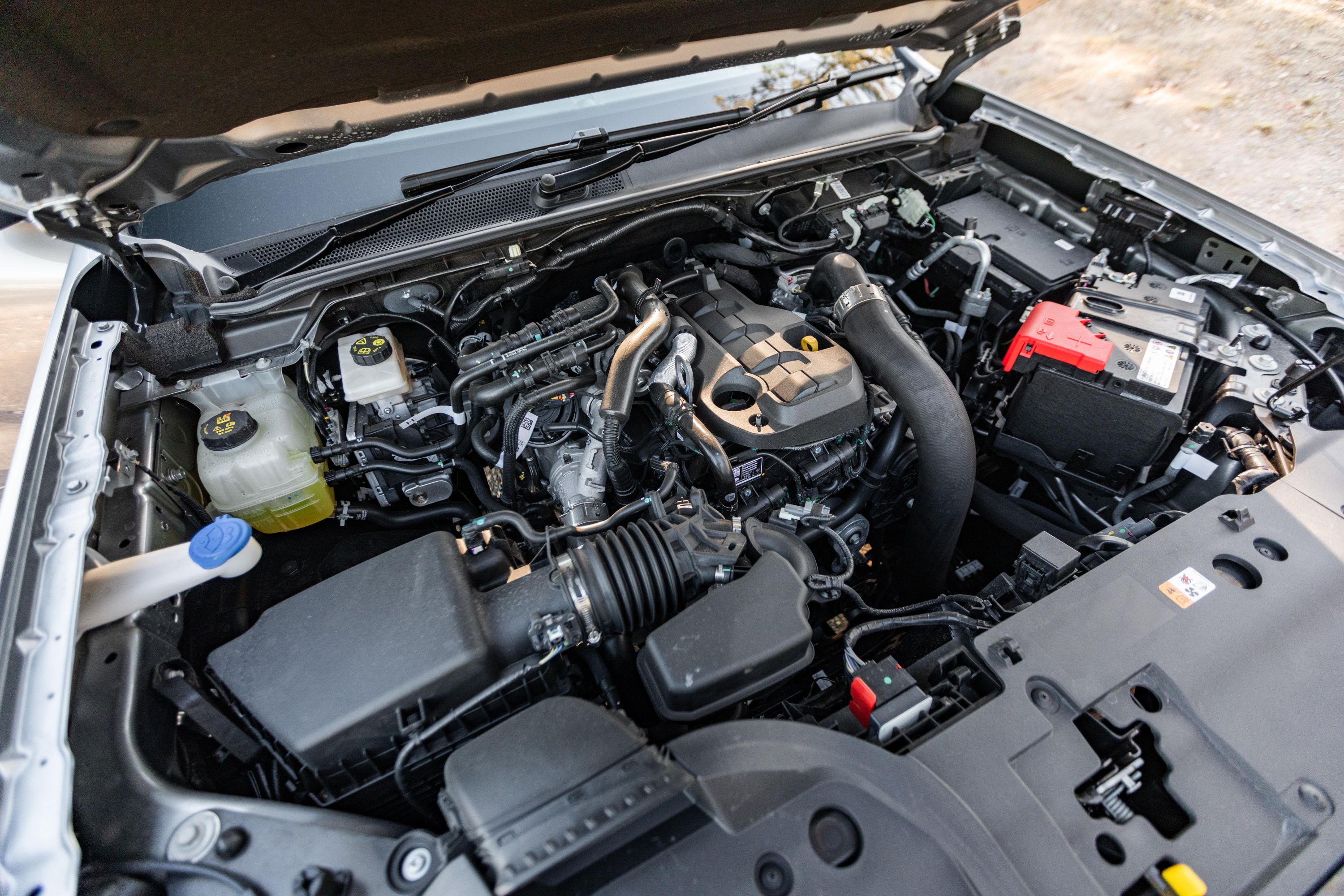The 2.2 Ford Ranger Engine: Ideal for Towing, Off-Roading, and Everyday Use
The 2.2 Ford Ranger Engine: Ideal for Towing, Off-Roading, and Everyday Use
Blog Article
Just How to Choose the Right Vehicle Engine for Optimum Efficiency and Effectiveness
Choosing the proper vehicle engine to achieve an optimum balance of efficiency and efficiency requires a nuanced understanding of different engine types and their details qualities (2.2 ford ranger engine). Factors such as engine displacement, the number of cyndrical tubes, and fuel type play an essential duty in determining both power outcome and gas economic situation.
Understanding Engine Types
When picking an automobile, one of the most critical components to think about is the engine type, which acts as the heart of the vehicle. The engine type significantly influences the vehicle's total efficiency, longevity, and viability for your driving needs. There are largely 3 engine kinds to take into consideration: inner combustion engines (ICE), hybrid engines, and electric engines.
Internal burning engines continue to be the most usual, operating gas or diesel. They are known for their power and acceleration, making them appropriate for performance-oriented vehicles. They may fall brief in gas performance and ecological effect.
Hybrid engines integrate an internal combustion engine with an electrical motor, using an equilibrium between performance and gas economic situation. They are progressively prominent for chauffeurs looking for decreased exhausts while still providing adequate power.
Electric engines, powered totally by batteries, are obtaining grip because of their ecological advantages and reduced running costs. They provide instantaneous torque and a quiet driving experience, making them optimal for metropolitan commuting.

Performance vs. Effectiveness
Selecting the appropriate engine type entails evaluating the trade-offs between performance and performance. Performance usually describes exactly how well an engine can deliver power and acceleration, which is frequently linked with larger variation engines or those with turbocharging capabilities. These engines normally offer exciting driving experiences and quick action times, making them popular among enthusiasts.
On the various other hand, efficiency concentrates on gas economic climate and lower emissions. Smaller engines, specifically those equipped with advanced innovations such as straight gas shot and variable valve timing, often tend to deliver much better miles per gallon and minimized carbon footprints. While these engines might compromise some power compared to their larger counterparts, they usually stand out in day-to-day driving scenarios where high performance is not always required.
Inevitably, the choice between efficiency and performance rest on specific concerns. A vehicle driver that values perky driving may focus on a high-performance engine, while somebody looking for affordable commuting may lean towards an efficient choice. Understanding these compromises is important for making an educated choice that straightens with your driving demands and lifestyle, ensuring that the picked engine kind complements your expectations for both performance and efficiency.
Key Specifications to Take Into Consideration
Understanding essential specs is crucial for making a notified decision about the best auto engine. When choosing an engine, several critical aspects necessitate consideration to make certain ideal efficiency and effectiveness.
It indicates the overall volume of the engine's cyndrical tubes and normally correlates with power result; larger variations usually produce even more power. Engines with more cyndrical tubes can give smoother operation and greater power, while smaller arrangements can boost fuel performance.
Additionally, the engine's arrangement, whether inline, V-type, or rotating, affects the total design and efficiency attributes of the vehicle - 2.2 ford ranger engine. Turbocharging and supercharging technologies need to additionally be examined; these boost an engine's power outcome without substantially raising its dimension, hence click for more info improving effectiveness
Fuel kind is an additional crucial consideration, as it affects both efficiency and costs. Finally, the engine's compression proportion impacts performance and power distribution; a higher ratio usually causes far better efficiency, however might require premium fuel. By thoroughly examining these requirements, you can select an engine that straightens with your efficiency and performance objectives.
Reviewing Driving Needs
Examining driving needs is a fundamental action in identifying the best vehicle engine for your lifestyle and use patterns. Begin by examining your day-to-day driving behaviors, consisting of the regularity and duration of trips. A smaller sized engine with great gas performance might be adequate if your driving mainly consists of short commutes in urban environments. Conversely, if you regularly take on long-distance trips or call for towing abilities, a more effective engine might be essential.
Consider the terrain you typically browse. Hilly or rugged landscapes might demand an engine with higher torque for far better performance. Furthermore, assess guest and freight requirements; bigger family members or those who deliver products might gain from lorries with boosted power and capacity.
Diesel engines usually provide premium torque and fuel economy for much heavier lorries, while fuel engines might offer a smoother and quieter trip. Factor in environmental factors to consider, as crossbreed or electrical engines can provide a more sustainable alternative without compromising efficiency.
Future Trends in Engine Technology
As the vehicle sector proceeds to evolve, technologies in engine technology are leading the way for more efficient and lasting driving experiences. One considerable trend is the shift toward electrification, with hybrid and completely electrical powertrains gaining prestige. Car manufacturers are investing heavily in battery technology to enhance power thickness and reduce go to the website billing times, ultimately improving the functionality of electric lorries (EVs)
Another emerging pattern is the advancement of hydrogen gas cell engines. 2.2 ford ranger engine. These systems offer the capacity for zero-emission driving while offering refueling times comparable to conventional fuel engines. Additionally, innovations in burning technology, such as variable compression ratios and boosted turbocharging, are enhancing standard internal combustion engines for far better efficiency and efficiency
Digital integration is additionally a critical aspect of future engine modern technology. The implementation of synthetic intelligence and machine discovering enables for real-time data evaluation, making it possible for smarter engine management systems that adjust to driving conditions and enhance gas effectiveness.

Verdict
In conclusion, selecting the suitable car engine requires a thorough analysis of various factors, including engine type, efficiency needs, and effectiveness goals. By recognizing the differences try this between various engine kinds and taking into consideration crucial specifications, people can straighten their options with details driving requirements. As developments in engine innovation continue to emerge, remaining educated regarding future trends will certainly further boost decision-making, ultimately resulting in a vehicle that stabilizes performance and fuel effectiveness successfully.
Selecting the appropriate cars and truck engine to achieve an ideal equilibrium of efficiency and effectiveness requires a nuanced understanding of various engine kinds and their particular attributes. There are mainly 3 engine types to think about: inner burning engines (ICE), hybrid engines, and electrical engines.
Performance normally refers to exactly how well an engine can deliver power and velocity, which is commonly associated with bigger displacement engines or those with turbocharging abilities. Diesel engines often use premium torque and gas economic climate for much heavier cars, while gasoline engines might give a smoother and quieter ride.In final thought, selecting the ideal vehicle engine demands a thorough analysis of numerous aspects, including engine kind, efficiency requirements, and performance objectives.
Report this page